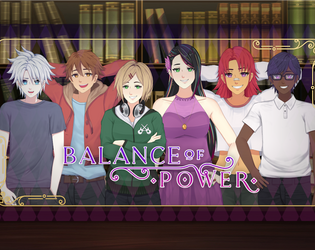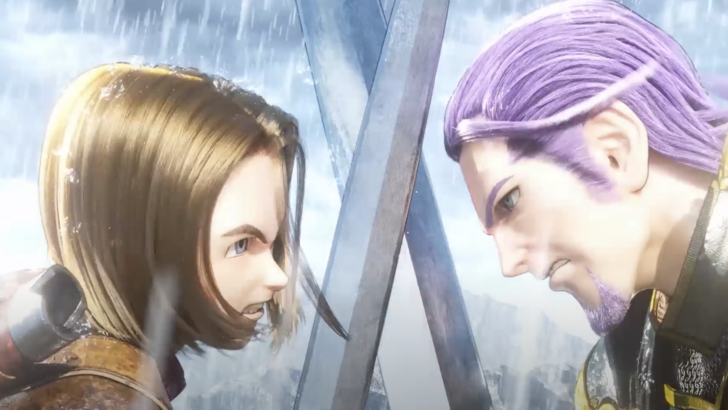
RPG legends Yuji Horii and Katsura Hashino, directors behind Square Enix's "Dragon Quest" and Atlus' "Metaphor: ReFantazio," delve into the evolving role of silent protagonists in RPGs as technology advances and game development transforms.
Dragon Quest Creator Explores the Modern Challenges of Silent Protagonists
Silent Protagonists: A Growing Anomaly in Today's Gaming Landscape
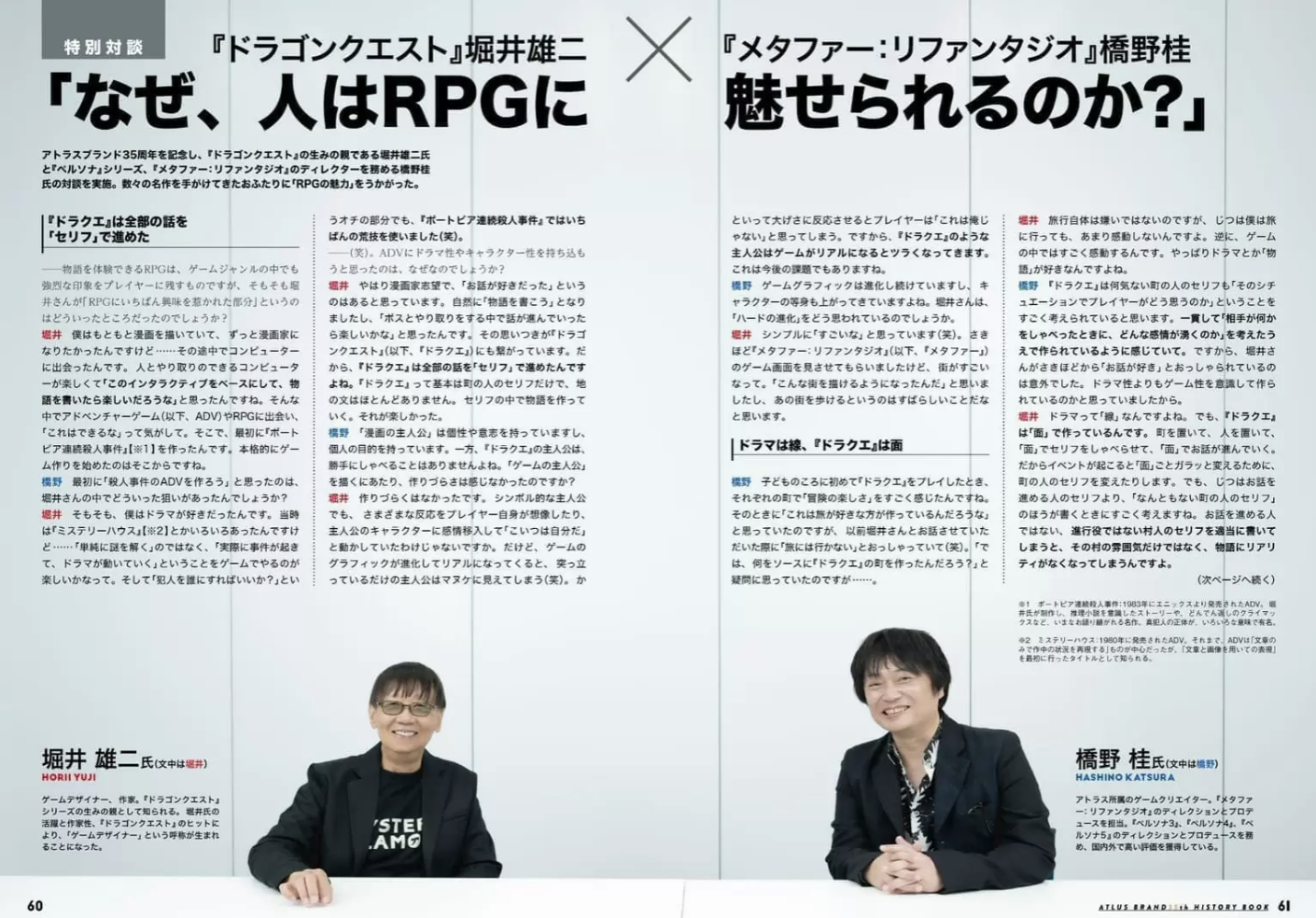
image (c) Den Faminico Gamer Yuji Horii, the visionary behind the iconic Dragon Quest RPG series, recently engaged in a thought-provoking conversation with Katsura Hashino, the director of Atlus’ eagerly anticipated RPG, Metaphor: ReFantazio. This insightful exchange was highlighted in an excerpt from an interview featured in the "Metaphor: ReFantazio Atlas Brand 35th Anniversary Edition" booklet. The discussion touched on various storytelling elements within RPGs, particularly the challenges faced by series like Dragon Quest as video game graphics evolve towards greater realism.
A hallmark of the Dragon Quest series is its use of a silent protagonist, which Horii refers to as “the symbolic protagonist.” This approach allows players to project their own emotions and reactions onto the main character, enhancing immersion within the game's world. Silent protagonists act as player avatars, engaging with the game environment mainly through dialogue choices rather than spoken lines.
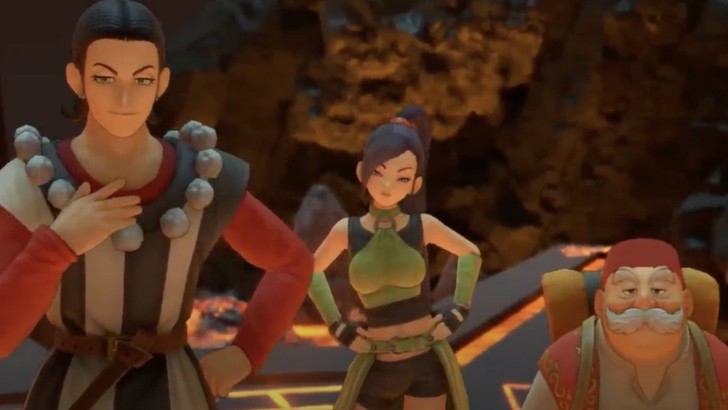
Horii noted that the simplicity of graphics in earlier games made silent protagonists a natural fit. "With the evolution of game graphics and their increasing realism, a protagonist who just stands there can appear quite foolish," Horii remarked humorously.
Reflecting on his career, Horii shared that his initial ambition was to become a manga artist. His passion for storytelling and fascination with computers led him into the video game industry. Dragon Quest emerged from these passions, with its narrative driven by interactions with game bosses and townspeople. "Dragon Quest is fundamentally about dialogue with townspeople, with minimal narration. The story unfolds through these conversations, which is what makes it engaging," he explained.
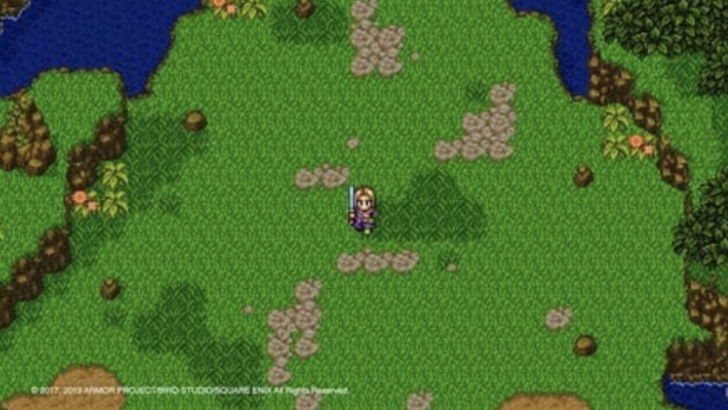
Horii acknowledged the growing difficulty of maintaining silent protagonists in modern games, where realistic graphics can make a non-reactive protagonist seem out of place. In the early days of Dragon Quest, the basic graphics of the Nintendo Entertainment System (NES) allowed players to easily fill in the emotional gaps left by the silent protagonist. However, as game visuals and audio become more sophisticated, Horii admitted that depicting silent protagonists becomes increasingly challenging.
"The challenge of portraying the type of protagonist found in Dragon Quest will only grow as games become more realistic. This is something we'll need to address in the future," Horii concluded.
Metaphor: ReFantazio Director Praises Dragon Quest's Focus on Player Emotions
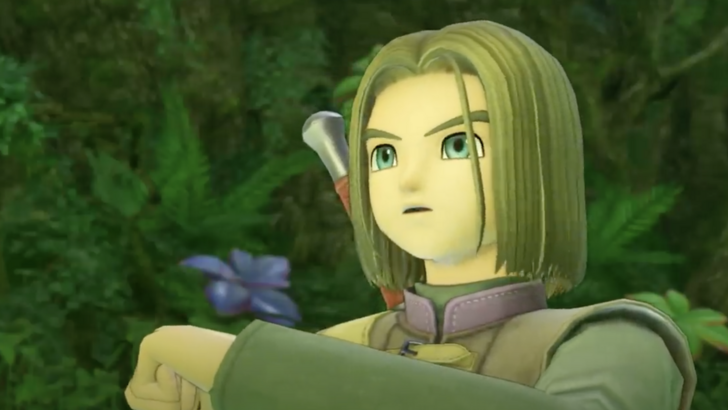
Dragon Quest remains one of the few major RPG series to feature a silent protagonist, who, aside from occasional reactionary sounds, remains mute throughout the game. In contrast, other RPG series like Persona have introduced voiced protagonists in battles and cutscenes, a trend that started with Persona 3. Hashino's upcoming game, Metaphor: ReFantazio, will feature a fully voice-acted protagonist.
While Horii reflected on the limitations of silent protagonists in modern gaming, Hashino praised the unique emotional experience Dragon Quest provides. "I believe Dragon Quest deeply considers how players will feel in various situations," Hashino told Horii, "even in interactions with ordinary townspeople. The games are crafted with a constant focus on the player's emotional journey, anticipating the feelings that arise from each conversation."



